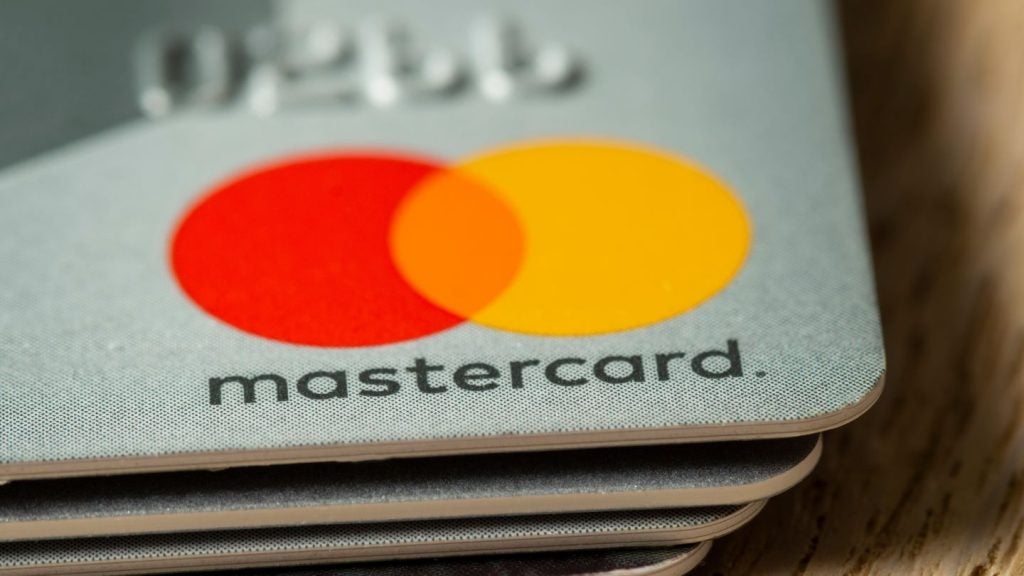Every two years, the Payments Innovation Jury Report details global trends in payments innovation based on the expertise of business leaders in the payments sector from 23 countries, across six continents. Chaired by John Chaplin, the report looks to provide expert analysis on the global payments industry including the challenges, barriers and opportunities that lie ahead
This year we were lucky enough to support the launch of the 2015 report, made up of the thoughts and opinions of 40 individuals who have been part of this multi-billion dollar industry for a long time, and have done it all before. So, what did the Jury find?
Change is good
The Payments Innovation Jury Report covers a wealth of different areas within the payments industry, from mobile money and innovation in the developing world to regulation. What really stood out to us and made us proud to be part of such an energetic FinTech community, is the sheer scale of change FinTech start-ups are driving in payments; and not just from a technology perspective but also in the way that FinTech firms are being viewed by traditional players and tech giants.
By a large margin, the jury found start-ups to be the best at innovating in the payments sector. For us, the start-up world has not only driven innovation in the sector but it has also captured crucial mindshare with regards to the future transformation of the world of finance. The impact of this should not be overlooked by large financial institutions, who can be tempted to evaluate the start-up world based solely on current market share. Furthermore, when asked what the most likely future of a successful payments start-up is, the Jury saw acquisition by tech giant as the most likely option. With the likes of Google, Apple and more recently Facebook, making inroads into a space dominated by financial services firms, this is not all that surprising.
Collaborate, not compete
Although the Jury said that an acquisition with a bank is a much less likely endgame for a successful payments start up, it’s important to note that the majority of tech firms are not out there to try and replace banks. Instead, they look to optimise particular segments of the financial value chain, offering a solution that sits on top of existing traditional systems. This presents a real opportunity for FinTech firms and banks to collaborate and the Jury was largely in agreement that the best model for established payments firms to approach payments innovation is by partnering with innovative start-ups.
However, only if the banks open up their payments Application Programming Interface (API), will FinTech firms and banks truly be able to innovate together. Understandably, banks have conventionally been very introverted in their approach to innovation, choosing to develop technology in-house to protect themselves from outsiders. The benefits of opening up their APIs, which essentially allow two different pieces of software to interact with one another, are enormous. Rather than overhauling their entire IT infrastructure, a costly and labour-intensive task, banks can piece together building blocks of flexible services, much like financial lego, thus saving huge amounts of time and money, simply through an API.
It’s in the cloud
In reality, the Jury thought it relatively unlikely that banks would open up their APIs willingly anytime soon. In part due to concerns over security and compliance but also for fear of revenue loss or losing brand awareness, all of which were listed as some of the key inhibitors. However, as the payments industry continues to evolve to meet the changing needs of businesses and consumers, it will only be a matter of time before incumbent firms look to their younger, more agile counterparts for potential partnerships. One Juror pointed out that banks will also find themselves unable to compete with nimbler competitors if they are late to adopt the cloud.
On the whole, the Jury felt that most innovative firms deliver their services through the cloud and that established players will make more widespread use of cloud technology over the next three years. Although the approach to the cloud might be a cautious one, and doesn’t mean having to fully replace their cores systems, the Jury believes more and more established payments firms will use cloud-based technology to deliver standalone new services for their customers. An area identified as a key opportunity for payments innovators to sell in news services to compliment and operate alongside existing systems.
The verdict
FinTech has increasingly become one of the most talked about sectors in the European Technology scene, however some of the areas identified by the Jury were found to be overhyped. Contactless/NFC technology in particular, was pulled out by many jurors as a ‘solution still looking for a problem’. Similarly, Cryptocurrencies such as Bitcoin were also viewed as overhyped with the underlying technology that sits behind Bitcoin – blockchain – referenced as having the power to significantly change how payments are made.
Despite some areas being overhyped, there was one topic on which the Jury universally agreed when it comes to innovation in payments – that it can be a significant driving force for social and economic change. For example, in the developing world, the inception of mobile money services such as M-Pesa and bKash have dramatically impacted the way communities in places such as Kenya and Bangladesh access money, changing the economic situation of a largely unbanked population. This is just one example among the many ways payment innovators are changing the way money is sent, moved and received around the world. Whether it’s a standalone service or in collaboration with a tech firm or a traditional player, the full potential of this rapidly changing industry is clear, but beyond short-term profit, payments have the ability to trigger real social and economic change.
Mike Laven, CEO Currency Cloud







